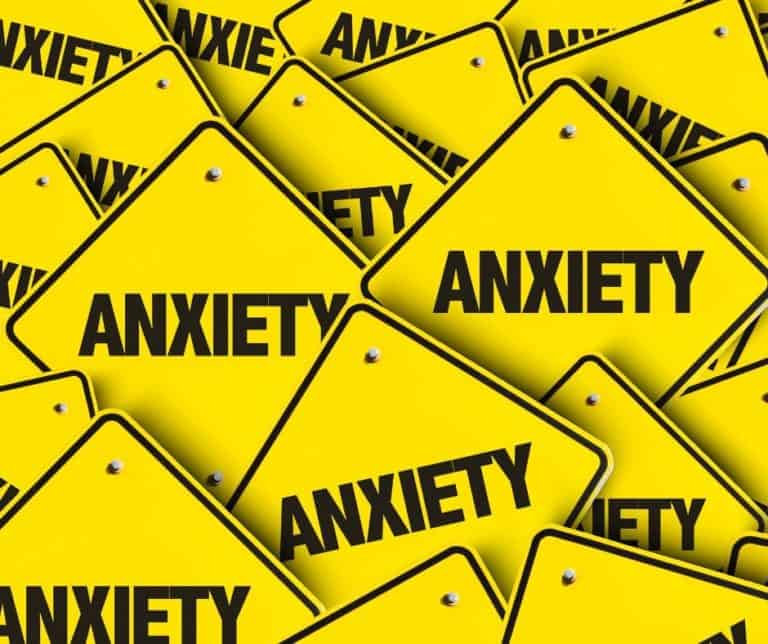
What does Anxiety Do?
Anxiety causes all of us to try to keep ourselves safe. There are a number of behaviours that kids can engage in when they are feeling anxious. When kids are able to tolerate the uncomfortable feelings of anxiety, they can challenge some of their thoughts and continue doing the things that are important to them, like going to school, playing, making and keeping friends, working, and having fun. When kids are not able to cope, they do things that are not helpful or productive in the long term. Here, I will focus on ones that are not always helpful.
Overwhelm
This is the traditional “back-brain” response, the one that tries to fight, flee, or becomes paralyzed when faced with real or perceived danger. We touched on what that looks like in part 1, but to re-cap, one response is actually not coping. This can look like becoming overwhelmed, unable to make decisions, crying, screaming, threatening, even becoming physically aggressive, swearing, running away, not listening, ignoring or being openly defiant.
If we look at the survival responses… if you can not fight or flee, your body goes in to shut-down mode, and that can look like fatigue, boredom or loss of motivation, depression, de-personalization (feeling out of body, like things are not real), and even dissociation. Sometimes people turn to alcohol or other mind/mood altering substances to numb or distract from the uncomfortable feelings.
The overwhelm also causes children (and all ages) to doubt their ability to manage and cope, and destroys their confidence. When people get overwhelmed, they forget that they have been through difficult things before, and that they in fact can get through the uncomfortable (or painful) feelings.
Avoidance
In order to stay safe, we can avoid situations that cause anxiety.
This can become a real problem, because it again loops back and lets the brain know that the avoidance worked and there was nothing to worry about now, which the brain registers as a great strategy to try again and again.
In the short term, anxiety is reduced and the problem is solved.
However, in the long term, avoidance is actually not helpful because
- You don’t get a chance to fact-check and see if the situations was dangerous (it usually isn’t deadly, just painfully uncomfortable)
- You don’t learn to cope (with uncomfortable feelings, and life provides lots of those)
- You don’t learn to trust yourself to be able to handle things
- You miss out on lots of good stuff (fun, social connections, new skills, adventures etc)
(Over-) Reliance on Parents
Kids rely on their caregivers to keep them safe. In fact, all mammals do this – parents protect their babies until the babies are able to take care of themselves.
Anxiety disorders cause kids, naturally, to recruit their caregivers to help them regulate (to calm down (nervous system arousal levels)). This is a very natural response. And parents/caregivers in turn have this natural built-in programming that recruits them to protect their children from harm and keep them safe.
Anxiety disorders use this system to keep kids over-relying on their parents for comfort, reassurance, and safety, even when they are capable of managing on their own. This is how family accommodation comes to be – a child becomes distressed, and parents do whatever it takes to decrease that distress, even (eventually) sacrificing their own well-being. Then parents too can become overwhelmed, and even go in to back-brain or avoidance responses.
Family boundaries between individual members become blurred, and everyone becomes affected by the anxiety in the child. So much so that parents begin to change how things go in their homes to avoid the anxiety in the child, which we will refer to as “accommodation.” Anxiety disorders have the potential to keep the whole family trapped in the cycle.
Family accommodation of anxiety can look like:
- Parent spending a lot of time reassuring child because she is anxious
- Parent missing work because of need to stay with your child due to their fears
- Telling the child what the parents’ schedules and plans are
- Family rearranging schedules to ensure child doesn’t get anxious
- Having child sleep with parents at night
- Driving particular routes, or avoiding particular places
- Doing more and more things for the child, like speaking for them





